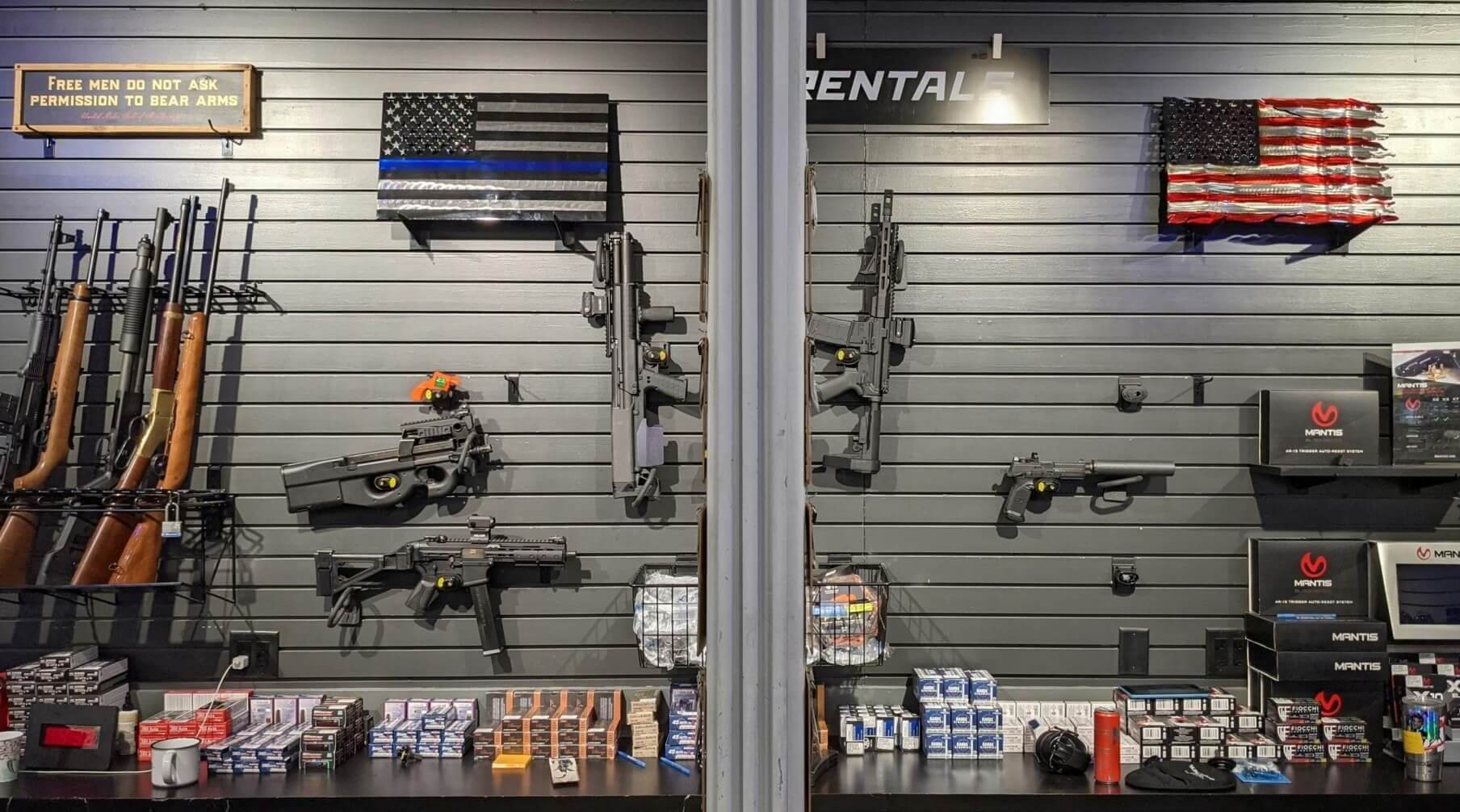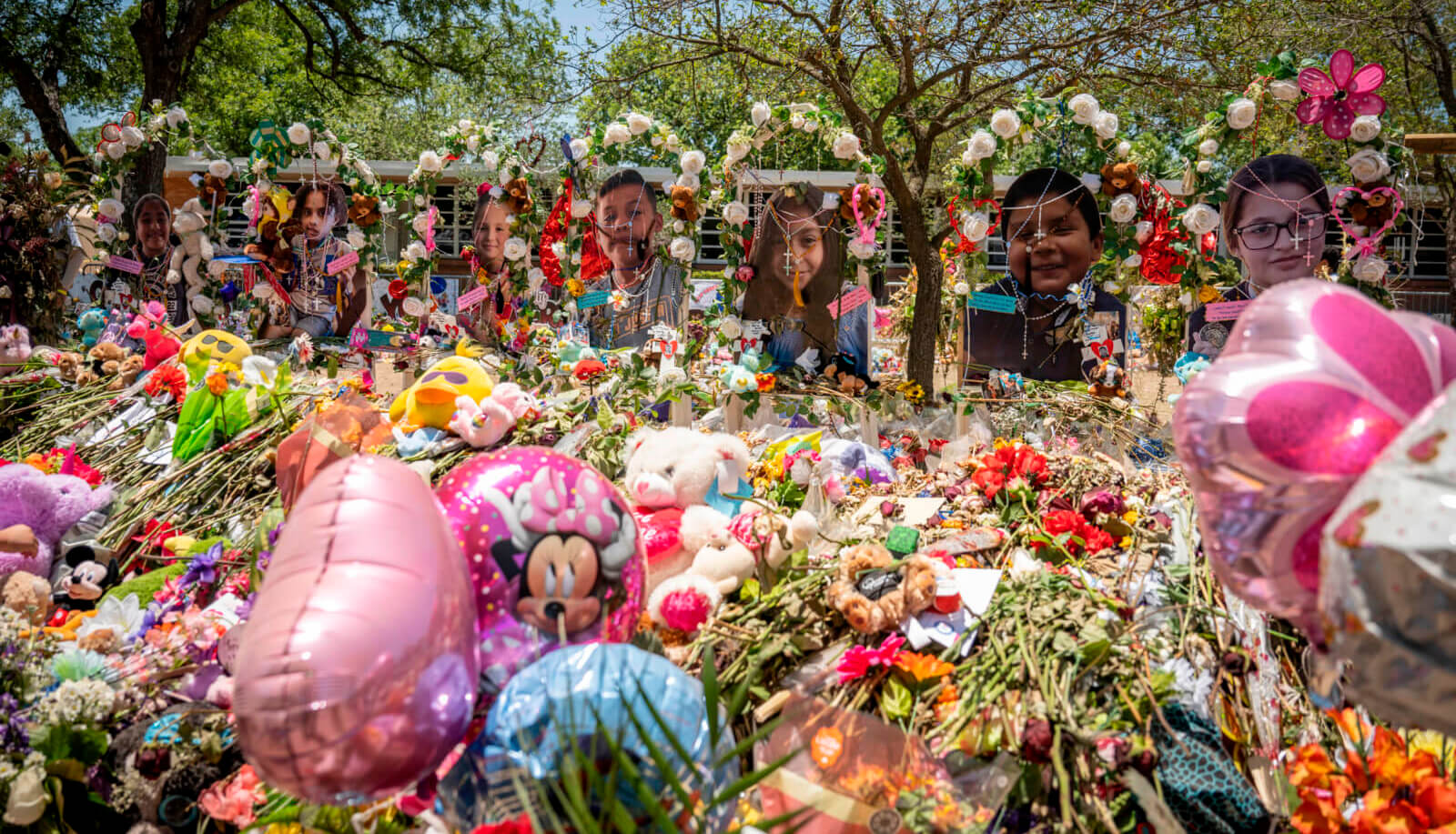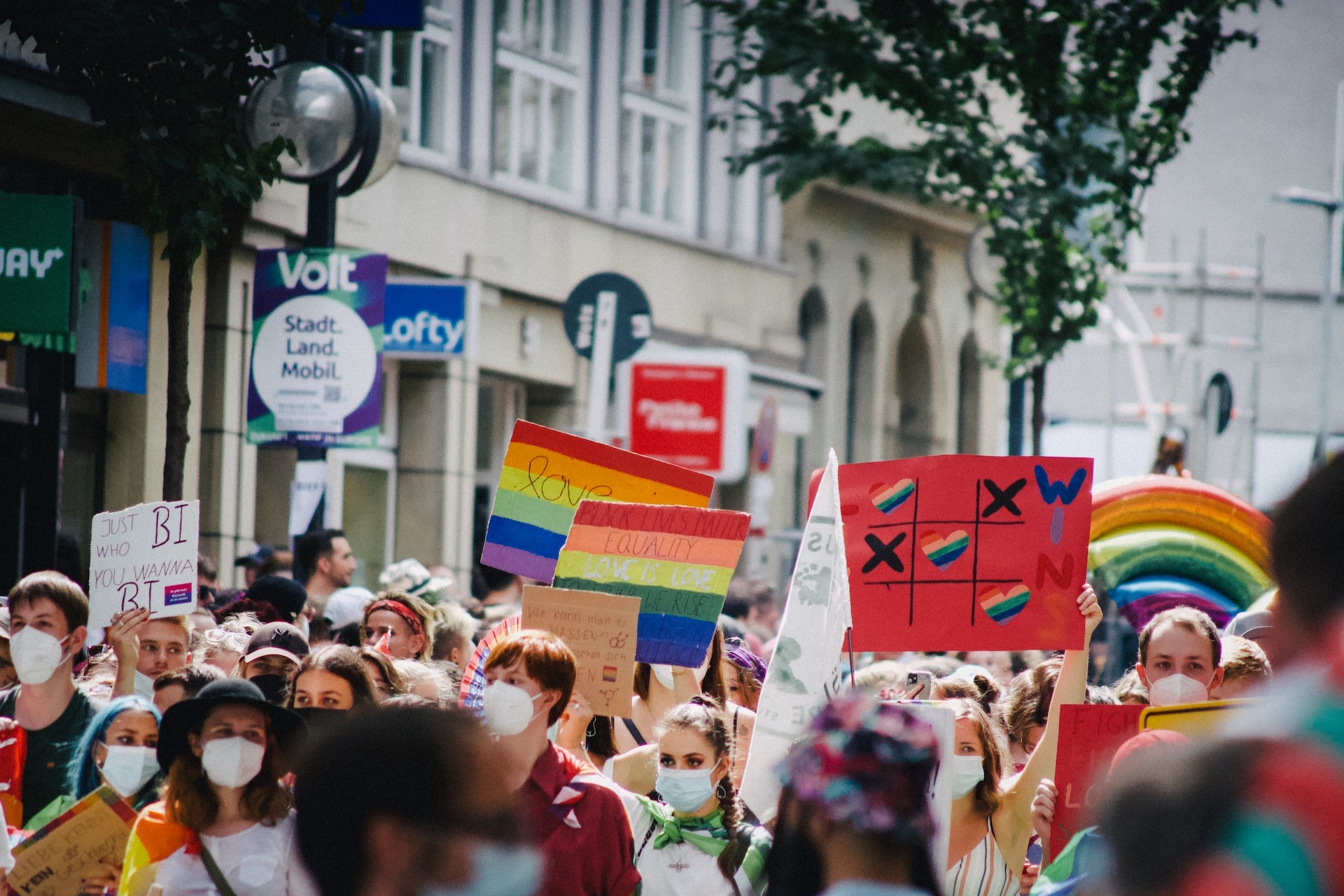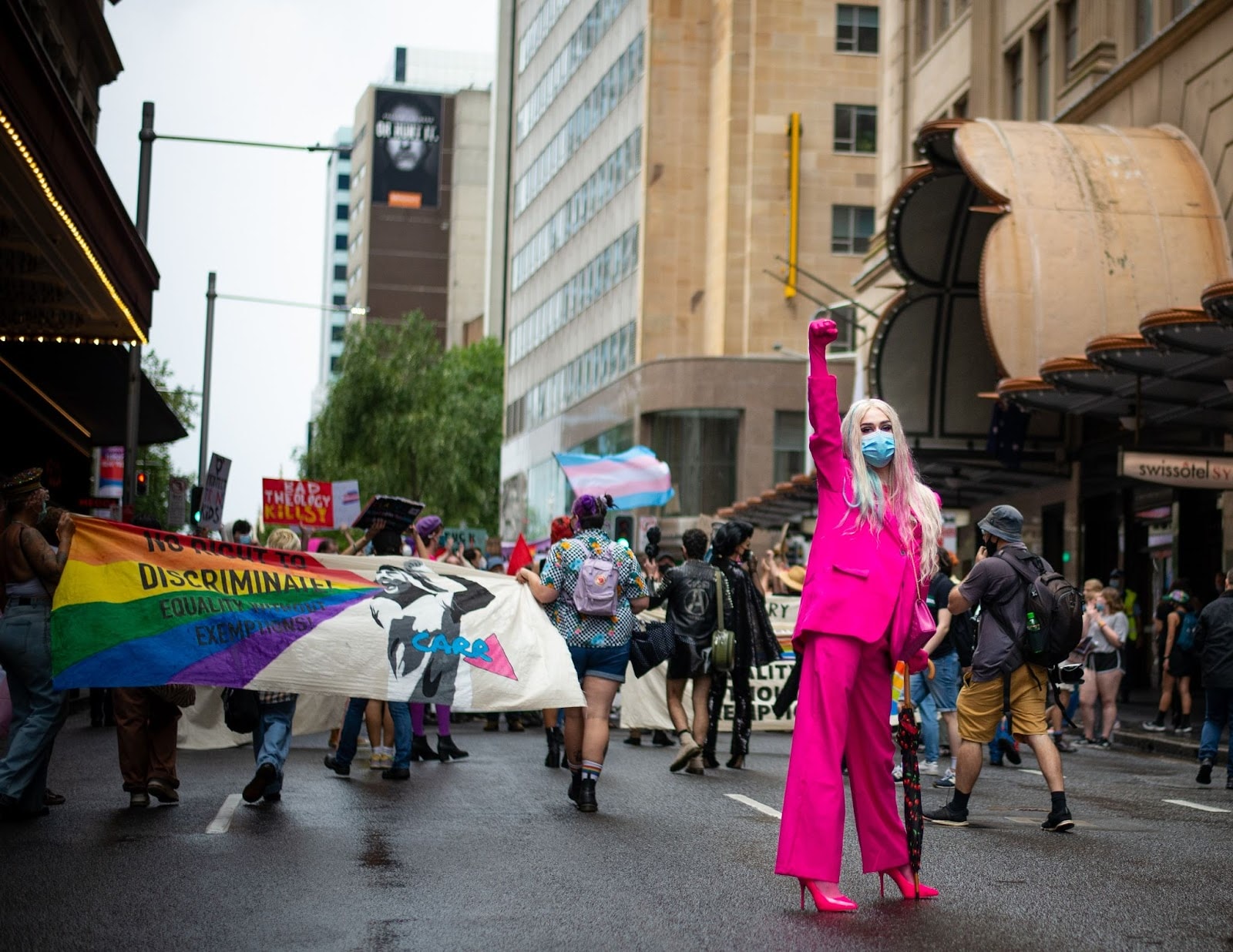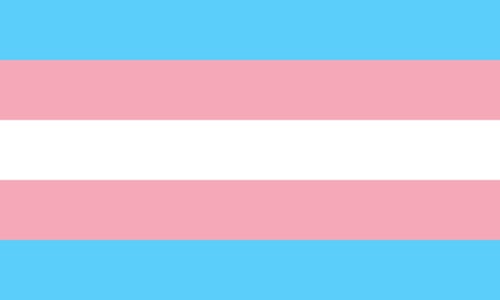At first, what was supposed to be a celebration of Transgender Awareness Week at Club Q in Colorado Springs, turned quickly into a shooting that left the dance floor blood-soaked and tear-stained.
On Saturday evening, 22-year-old Anderson Lee Aldrich marched into Club Q with an AR-15 shooting over a dozen people and killing 5. To customers, Club Q was the only gay space in the community of Colorado Springs that LGBTQIA+ people felt comfortable at — now this space is closed indefinitely.
Residents of the community are torn apart, not only because America yet again witnessed another mass shooting this year, but many LGTBQIA+ in Colorado Springs no longer feel safe. The attack Saturday night reeks of a hate crime, something the LGBTQIA+ community is all too familiar with.
Shooting at Club Q: How events played out
A few minutes before midnight, Anderson Lee Aldrich entered Club Q wearing a military-style jacket and carrying both an AR-15-style rifle and handgun.
Across the club, Joshua Thurman, a regular at Club Q for years, was dancing when the sound of pops ricocheted off the walls and blended in with the blaring music. After believing the sound was part of the music, Thurman kept dancing. However, it wasn’t long before the light of flames shooting from a gun barrel would cloud his vision and flight mode would be activated.
With two other customers, Thurman took off for the dressing room and hid there until the shooting was over. Thurman proceeded to call the police, along with several others — the first call being placed at 11:56 pm.
Meanwhile, Aldrich continued to fire off shots the farther he moved throughout the club, evidently killing 5 people before the EMTs could even administer help. Two of the five were beloved employees of Club Q, bartender Derrick Rump and bar supervisor Daniel Aston.
The remaining three were customers at Club Q who went looking for a fun time — but instead found what would be their resting place: Ashley Paugh, Kelly Loving and Raymond Green Vance.
The death toll would have been significantly higher if not for Richard Fierro, a veteran of the US army and former major serving three tours in Iraq and Afghanistan, who subdued Aldrich. Fierro had initially been at Club Q with his family to celebrate a friend’s birthday and watch the drag performances, one of which was supposed to be performed by his 22-year-old daughter’s friend.
After dropping to the floor like everybody else, Fierro saw the opportunity to attack the gunman from behind, fearing the gunman could point his barrel toward Fierro’s own family next.
Fierro told the Washington Post, “I ran across the bar, grabbed the guy from the back and pulled him down and pinned him against the stairs.”
After restraining the gunman, Fierro shouted at persons next to him to kick Aldrich — a drag queen with heels fulfilling his request.
By the time police arrived, Fierro had Aldrich pinned to the floor. Officers were at first skeptical over who was the shooter, Fierro having to sit in the back of a police car for an hour before police were able to identify the shooter. Police are now proclaiming Fierro a hero.
Eventually, 39 police officers, 34 firefighters and 11 ambulances would arrive on the scene, but for the 5 victims, it would be too late. Another 18 others were injured and would receive medical care at the local hospital.
The weekend was supposed to be in celebration of Transgender Awareness Week taking place November 13-20, Transgender Day of Remembrance falling on the following day, Sunday, November 20. Club Q had special events planned for the following day including a musical drag brunch followed by an evening of drag shows celebrating Transgender Day of Remembrance with a range of different gender identities and performance styles.
However, the celebration would never happen — instead, a memorial took place the following day.
LGBTQIA+ community targeted
The city of Colorado Springs is home to many conservative and Christian organizations such as Focus on the Family who actively antagonize the LGBTQIA+ community.
For example, on their website under the heading “Understanding Homosexuality”, there is a long list of blog posts for parents or others looking for help when faced with homosexuality. All of these articles are based on the premise that homosexuality should be viewed as a problem, something that although it can’t be “fixed” should still be debated as if it were an issue.
In the blog post “Responding to Adult Child Who Says He’s Gay,” Focus on the Family belittles sexuality as a choice like picking a job:
“The next time you have a talk, begin by reminding your son of the principle you’ve already established: “loving unconditionally does not mean loving without concern.” On the basis of this understanding, let him know that you’d like to make a request. Say something like, “We know we can’t control you, but we’ve learned from experience that it’s always a good idea to go slow when facing big life issues – like determining a career direction, for instance, or choosing a marriage partner. That’s especially true where your sexuality and personal identity are concerned. With that in mind, we want to recommend that you hit the ‘pause button’ before putting a label on the feelings you’ve been experiencing. There’s no absolute need to foreclose on a label for yourself by calling yourself ‘gay,’ ‘bi,’ ‘trans,’ or anything else. You owe it to yourself to shut out the cultural and political noise on this subject and take a close and careful look at your options. After all, many people have felt same-sex attractions without adopting the ‘gay’ label.”
According to the New York Times, anti-LGBTQIA+ legislation reached its peak in Colorado Springs in 1992 when Chrisitan and political groups pushed for the state to pass an amendment that prohibited local governments from passing anti-discrimination laws against sexual orientation — it has since been overturned.
Richard Skorman, a City Council member for many years in Colorado Springs and local business owner, mentions Colorado Springs as the home of anti-gay activism for years.
“We had that reputation,” Skorman said. “Colorado was the hate state, and Colorado Springs was the hate city.”
During the 90s’ when the anti-discrimination legislation still existed, Skorman mentioned his restaurant at the time, Poor Richards, was repeatedly targeted for being a gay hangout — similar to the most recent incident at Club Q.
Club Q sits tucked behind a subway station shop, hidden from the view of the road — something done on purpose considering the community’s well-known opinions regarding the LGBTAIQ+ community.
However, this did not stop hate from spreading to Club Q — and this isn’t the first mass shooting/hate crime in the US.
On June 12, 2016, an American-born man Omar Mateen who has previously pledged allegiance to ISIS, carried an assault rifle and pistol into Pulse gay nightclub in Orlando, Florida killing 49 persons and injuring another 53 — the second deadliest mass shooting in the US to date.
“We deserve to live.” Pulse nightclub mass shooting survivor, Brandon Wolf, has a few things to say to “right-wing grifters, including politicians like Ron DeSantis and Greg Abbott”. (Video: MSNBC) pic.twitter.com/FnLNjxO051
— Mike Sington (@MikeSington) November 22, 2022
The day after the shooting, former President Barack Obama stated the incident was clearly a hate crime.
“We know enough to say this was an act of terror and act of hate,” former President Obama said. “This is an especially heartbreaking day for our friends who are lesbian, gay, bisexual or transgender.”
Mateen’s parents mentioned he expressed outrage toward the LGBTQIA+ community after seeing two men kissing in Miami. His homophobia and increased affiliation with ISIS was most likely his motivation that Saturday night.
So far, authorities have not confirmed whether the Club Q shooting was hate crime driven, however as the case evolves, the motivation is yet to emerge.
The mayor of Colorado Springs, John Suthers, mentioned although the police investigation has just begun, the incident “has all the trappings of a hate crime, but we need to look at social media, we need to look at all kinds of other information that we’re gathering from people that knew the individual before we make any definitive conclusions about a motivation.”
So far, Aldrich faces five murder charges and five charges of committing a “bias-motivated crime,” however these charges are subject to change.
Could the Club Q shooting have been prevented?
There’s no doubt America is unfortunately accustomed to mass shootings. According to the Washington Post, after Club Q, 601 mass shootings have occurred in the US in this past year alone.

This begs the question: how can mass shootings be stopped? Could the Club Q shooting have been prevented if action had been taken sooner?
The shortest route to take would be to pass gun regulation laws, although this has faced quite stiff opposition from Republicans and responsible gun owners who fear their rights would be taken away.
However, doing nothing has only led to more deaths and suffering. Is there a middle ground?
One solution could be the existence of “Red Flag” gun laws. Already, 19 states (including New York State) have established “Red Flag” laws.
The law allows courts to issue “extreme risk protection orders” which evidently removes firearms from persons deemed a risk to themselves or others.
Extreme Risk Protection Orders (ERPOs) require police to remove weapons from at-risk individuals and prohibit them from obtaining any new weapons.
In Colorado, judges can issue a temporary ERPO for two weeks until a trial is held and a court determines to either throw away the ERPO or extend it for a year.
Colorado is one of the several states that has implemented a red flag law, however in the case of shooter Aldrich, it was never used.
In June 2021, Aldrich’s mother reported to police he had threatened her with a bomb, ammunition and other weapons. The report led to a standoff with police outside of their house and the evacuation of neighbors.
However, authorities did not file any weapons Aldrich may have possessed at the time under the state’s red flag law — something which could have potentially prevented him from obtaining the weapon used in the Club Q shooting.
In the aftermath of the mass shooting at Robb Elementary School in Uvalde, Texas killing 21 in May, Congress passed a bi-partisan gun bill which included $750 million in funding to encourage states to, inter alia, adopt and improve red flag laws.
Colorado will receive $4.6 million which will be used to fund training for first responders, family members and court staff on ERPO laws. The money will also go toward research efforts evaluating ERPO’s effectiveness in fighting against gun violence.
According to Reuters, studies have already shown ERPOs have been used widely across six states in more than 650 cases from 2013 to 2020 that involved mass shooting threats. Although there is no way of telling how these events would’ve actually played out and how effective these ERPOs were, it is better to not know than to know and have lost.
Similarly, there is no way to tell whether if police had filed Aldrich under a red flag law, Club Q still would have happened — however, the odds of it being prevented would have been much higher.
As gun violence continues to plague American citizens, red flag laws seem to be a start to saving American lives — but certainly not a solution.
Editor’s Note: The opinions expressed here by the authors are their own, not those of Impakter.com — In the Featured Photo: Vistors pay their respects to the deceased at a memorial set up in front of Club Q. Source: Denver7’s coverage of the shooting in Club Q in Colorado (Youtube video screenshot).



